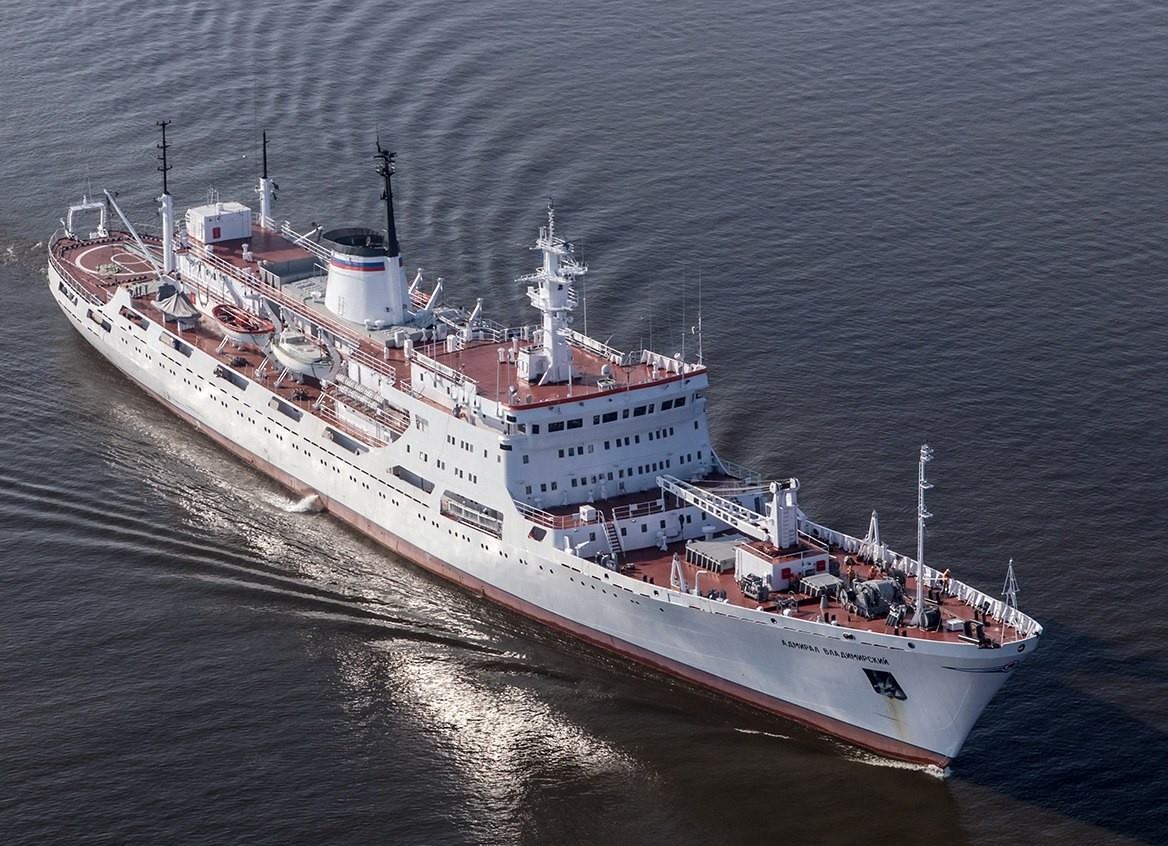When national broadcaster DR aired its documentary ‘Skyggekrigen’ (the shadow war), it unveiled the names of 38 Russian intelligence officers involved in extensive espionage against the Nordic societies.
That in itself may not have been overly surprising, given the number of individuals Denmark expelled from the Russian Embassy in Copenhagen recently.
But the discovery that Russia employs fishing boats and other vessels to reportedly conduct intelligence gathering of Nordic offshore energy infrastructure seems to have raised the alarm.
The justice minister, Peter Hummelgaard, is looking into banning ships from sailing in the vicinity of offshore wind farms and other critical infrastructure in Danish waters.
“We are looking into the legal issues and opportunities for doing it. Naturally, we are open to looking at all kinds of initiatives that can protect our critical infrastructure,” Hummelgaard told DR Nyheder.
Immense security concern
Produced in collaboration with fellow Nordic broadcasters NRK, SVT and Yle, DR’s ‘Skyggekrigen’ looked into piles of maritime traffic data.
Mapping the routes uncovered that 50 Russian ships had suspicious sailing routes over the past decade, with some disabling their AIS vessel tracking systems – which makes it harder to identify their whereabouts.
One particular case involved the Admiral Vladimirsky. Officially an expeditionary oceanographic vessel, it has been tracked spending a lot of time sailing near offshore wind farms in Danish and British waters.
When DR reporters approached the ship as part of looking into the case, armed men wearing balaclavas appeared on deck.
READ ALSO: Opposition urges action over revelations that Russian boats are using Faroes as a marina
An attack could prove dire
As it stands, any ship can sail in close proximity to Danish wind farms. That needs to change, according to one expert.
“Clearly, if you destroy this part of critical infrastructure it can paralyse much of Danish society, considering that wind farms will account for much of our electricity consumption,” Kenneth Øhlenschlæger Buhl, a military lawyer at the Danish Defence Academy, told DR Nyheder.
Buhl went on to underline that UN Conventions allow for the establishment of security zones in order to protect artificial islands and other maritime installations.














